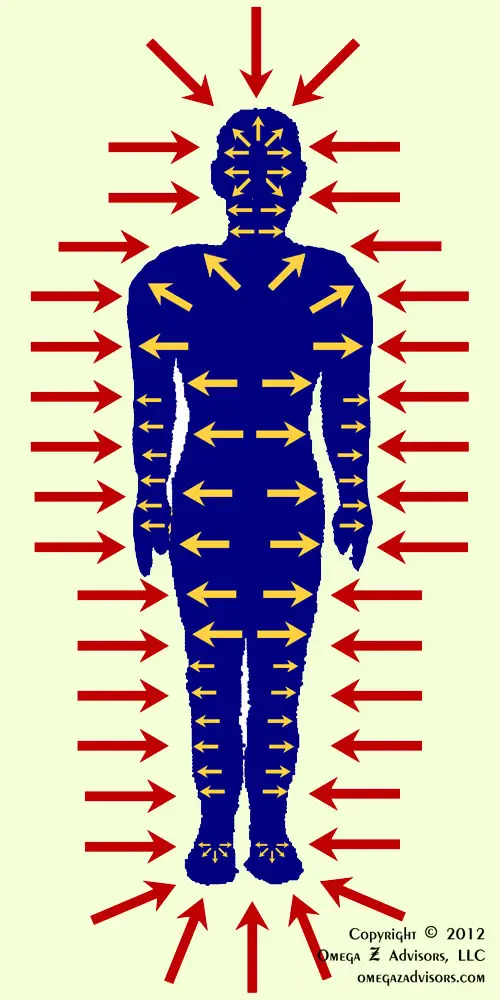Power of Context on Intoxication
 Context dramatically influences us. As the article, “Various Ways You Might Accidentally Get Drunk” (The Atlantic, May 2013 edition) by James Hamblin, discusses, it influences intoxication. That means we will likely become more intoxicated drinking at the office than at our favorite bar, even if amount is equal.
Context dramatically influences us. As the article, “Various Ways You Might Accidentally Get Drunk” (The Atlantic, May 2013 edition) by James Hamblin, discusses, it influences intoxication. That means we will likely become more intoxicated drinking at the office than at our favorite bar, even if amount is equal.
Shepard Siegel (McMaster University, Ontario Canada) calls it, “situational specificity of tolerance,” a variation of Pavlovian conditioning. Our bodies prepare to offset alcohol’s effects; that’s why unknowingly drinking alcohol affects us more than when we do so knowingly. By frequenting places at which drinking usually occurs, we condition our bodies to make this preparation faster and more easily the next time we enter them. Moreover, the effects are lesser at our favorite bar than at strange ones, again, when consumption remains equal.
If this happens with objective factors such as the quantity of alcohol we consume, imagine what happens with psychological factors. Our bodies will automatically relax in places we like and tighten in those we don’t, especially if that has happened frequently in the past. These contexts condition our bodies to behave accordingly without conscious thought.
It will happen with people. Those with whom we’ve had pleasant experiences will encourage our bodies to react positively, unpleasant negatively. Since our bodies influence us, our behavior and thoughts will adjust. Consequently, pigeonholing people happens with many kinds of emotions as they link to them. It’s why we get business-related emotions when we unexpectedly see co-workers outside the workplace.
It also means we condition people how to respond to us. Always criticizing their work, will condition their bodies to tense, praising to relax, ignoring to be complacent. All affects their openness to change, to our influence.
How have you conditioned people to respond to you?
Related reading:
- Paper by Shepard Siegel: Pavlovian Conditioning and Drug Overdose: When Tolerance Fails
- Additional background by Alice M. Young (Texas Tech University) and Andrew J. Goudie (University of Liverpool): Adaptive Processes Regulating Tolerance to Behavioral Effects of Drugs

